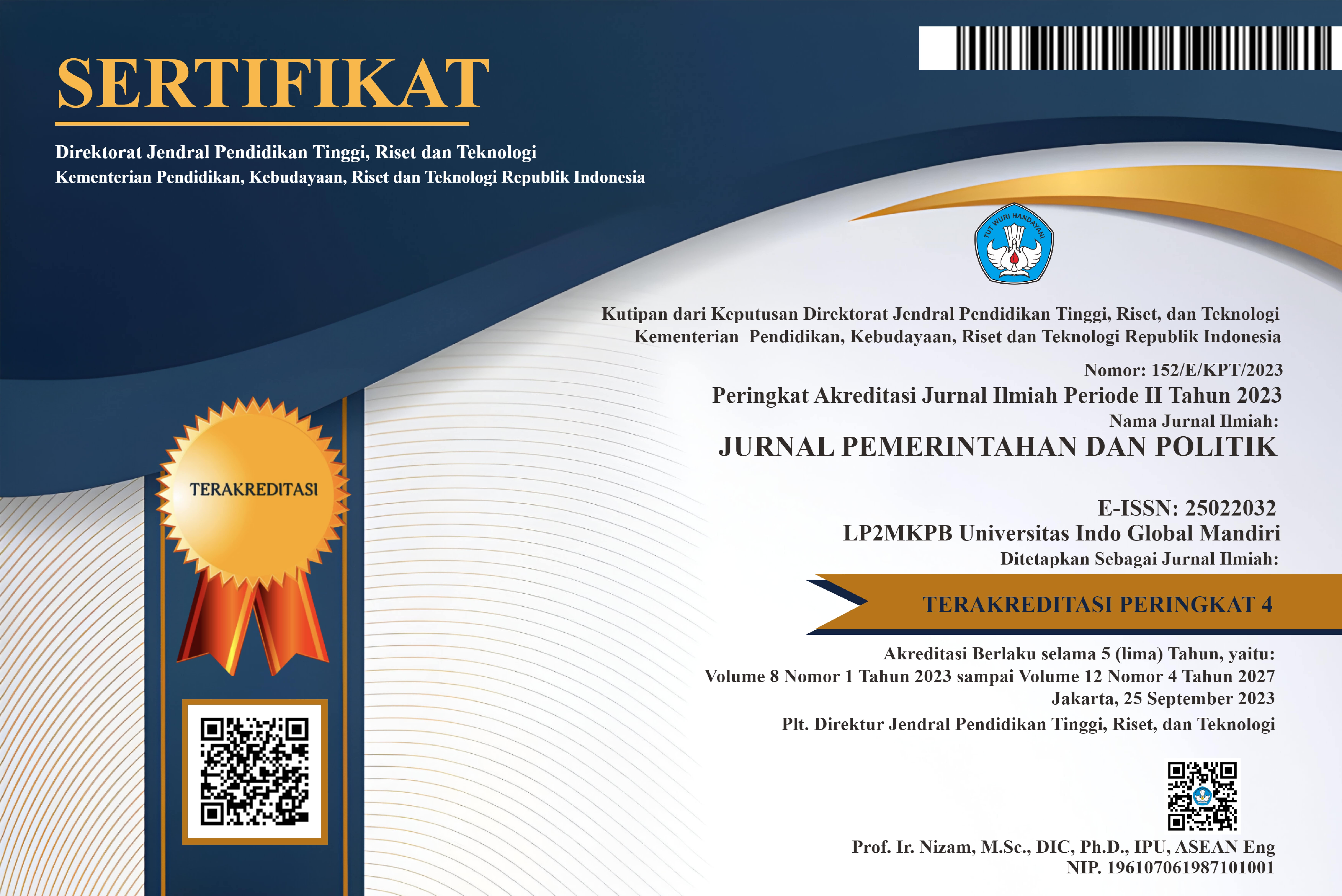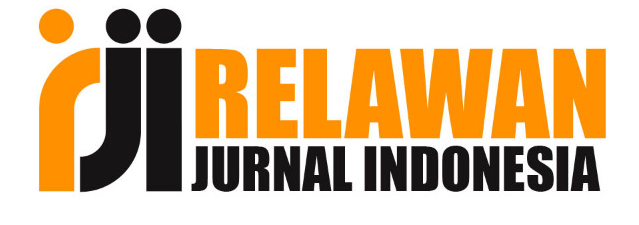Pedagogi Feminis sebagai Framework : Menelusuri Upaya dan Strategi Pencegahan Kekerasan Seksual di Perguruan Tinggi
DOI:
https://doi.org/10.36982/jpg.v9i4.4817Keywords:
Feminist Pedagogy, Satgas PPKS, Sexual Violence, Higher EducationAbstract
This article aims to provide a form of sexual violence prevention strategy based on feminist pedagogy as a framework for the PPKS Task Force in universities. It is known that the main factor in the rampant cases of sexual violence in several universities in Indonesia is basically caused by the imbalance of power relations in unbalanced gender positions, a culture of masculine oppression, including the lack of literacy in understanding knowledge about gender equality so that its linearity has an impact on various forms of sexual violence that occur. The theoretical approach used in this study uses the theory of feminist pedagogy, while the methodology used in this study is qualitative-reflective through literature studies from learning data and observations on the existence and role of the PPKS Task Force in Palembang City, including the PPKS Task Force at Sriwijaya University and the PPKS Task Force at Indo Global Mandiri University. The results of the study show that the prevention of sexual violence carried out by the two PPKS Task Forces at the two universities plays a role in two indicators, namely First, self-reflection and the PPKS Task Force's partisanship on feminist issues. Second, Empowerment of collaborative communities by involving academics through the formation of anti-sexual violence solidarity, namely "Volunteer Satgas PPKS" and "Sister bootcamp" while the transformative social role has not been fully constructive, because there has been no integration of alternative feminist-based curriculum as comprehensive and systematic sexual violence learning in preventing sexual violence in higher education.
References
(Campbell et al. (2009). An ecological model of the impact of sexual assault on women’s mental health. Trauma, Violence, and Abuse, 10(3), 225–246. https://doi.org/10.1177/1524838009334456
Adiyanto, W. (2023). Kajian Kritis Klarifikasi Pihak Terduga Pelaku Kekerasan Seksual di Kampus. 4, 1–17.
Andini. (2022). Urgensi Keterlibatan Lpsk Dalam Penanganan Kasus Kekerasan Seksual Di Perguruan Tinggi. Seminar Nasional Hukum, Sosial Dan Ekonomi (Sanksi 2022), 119–128.
Bintari, A. (2024). Kekerasan Seksual Berbasis Elektronik Permasalahan dan Respon Terhadap Kasus. Jurnal Perempuan, 29(1), 49.
Bondestam, F., & Lundqvist, M. (2020). Sexual harassment in higher education–a systematic review. European Journal of Higher Education, 10(4), 397–419. https://doi.org/10.1080/21568235.2020.1729833
Branlat, et al. (2023). Tentacular Classrooms: Feminist Transformative Learning for Thinking and Sensing. Journal of Transformative Education, 21(1), 26–40. https://doi.org/10.1177/15413446211068556
Budiarti, A. I., Arianto, G. N., & Maharani, Marsha. (2022). Data dan Fakta Kekerasan Seksual di Indonesia 2021. In Indonesia Judicial Research Society (IJRS).
Dr. Phoebe Donnelly, E. P. (2023). Sexual and Gender-Based Violence and International Peace and Security (Ramona Taheri (ed.); First Edit).
Gerung, R. (2015). Feminist Pedagogy: A Political Position. 1(April).
Hendrastiti, T. K., & Wardhani, N. S. (2021). Kekerasan seksual dan ketimpangan gender. In Jurnal Perempuan (Vol. 26, Issue 2).
Hidayati, et al. (2024). Pola Pelembagaan Pencegahan dan Penanganan Kekerasan Seksual di Perguruan Tinggi. Al Mikraj, 4(2), 656–670.
Luna Esther, et al. (2022). The Contribution of Critical Pedagogy to Feminist Research on Sexual Violence. Social Sciences, 11(8). https://doi.org/10.3390/socsci11080328
Lynne M Webb, et al. (2002). Feminist Pedagogy: Identifying Basic Principles. Academic Exchange Quarterly, 6(1), 67–73.
Malka, F. & B. (2007). Feminist Pedagogy. Gender and Education: An Encyclopedia, Volumes I & II, 1–2(Freire 1970), 731–738. https://doi.org/10.4324/9781315786698-26
Manicom, A. (1992). Feminist Pedagogy: Transformations, Standpoints, and Politics. Canadian Journal of Education / Revue Canadienne de l’éducation, 17(3), 365. https://doi.org/10.2307/1495301
Maulinda, T. E., Asbari, M., & Selviana, S. (2024). Membangun Kampus Merdeka: Mencegah dan Mengatasi Kekerasan Seksual di Lingkungan Perguruan Tinggi. Journal of Information Systems and Management (JISMA), 3(1), 78-84.
Putri, R. D. D. G. S. (2024). Kebutuhan Kolektif dalam Menangani Kasus Kekerasan Seksual di Universitas Indoneisa. Jurnal Perempuan, 29(1), 146.
Schoeman, S. (2015). Feminist pedagogy as a new initiative in the education of South African teachers. Koers, 80(4). https://doi.org/10.19108/koers.80.4.2215
Thien, D. (2009). Feminist Methodologies. International Encyclopedia of Human Geography: Volume 1-12, 1–12, V4-71-V4-78. https://doi.org/10.1016/B978-008044910-4.00435-1












